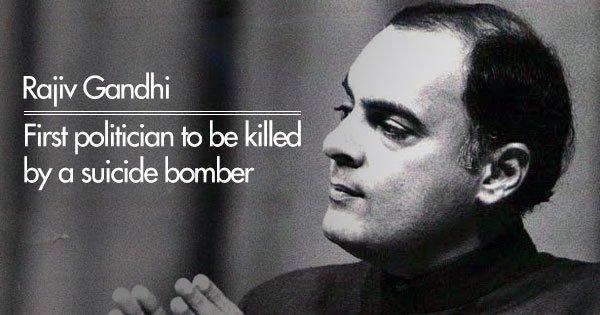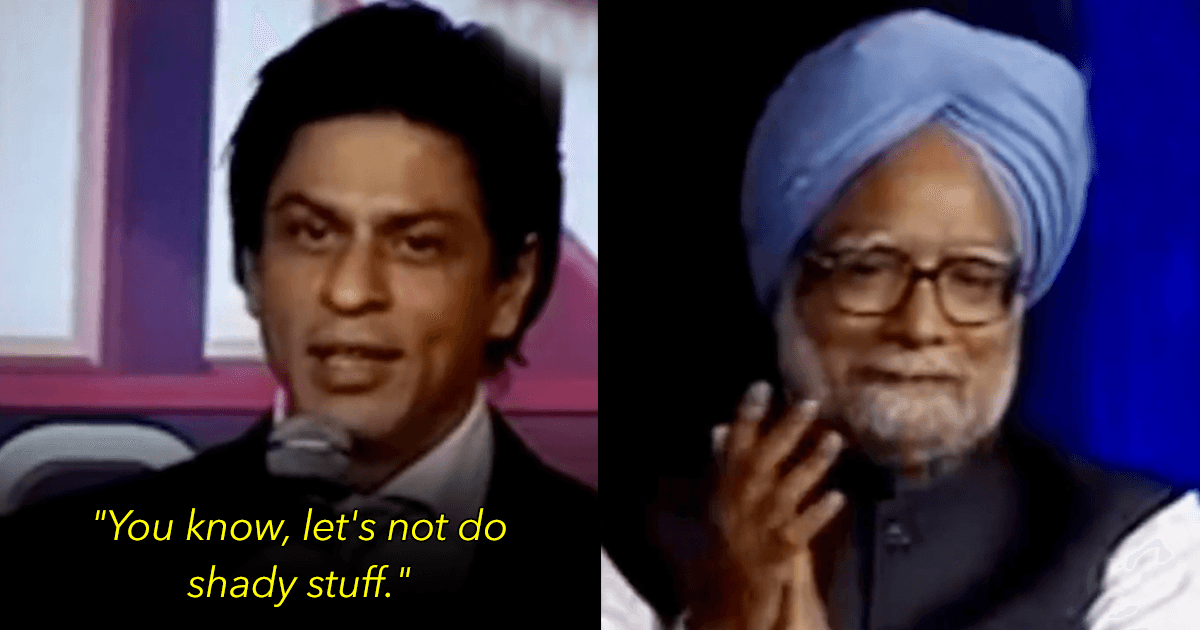You must’ve seen the news reports and articles about Brexit by now and you’re probably wondering what this whole issue is about. Well, Brexit is short for Britain’s Exit from the European Union and, as of this morning, a majority of British citizens have voted to leave the EU. In other words, a lot of things are going to change in the next few years.
We’re going to try and break it down as best as we can. So, let’s get down to the meat and potatoes of the situation:
1. How did Brexit come about?
Back in 2013, British Prime Minister David Cameron said that if his Conservative Party won the elections in 2015, he would open up lines for the people of Britain to vote to leave or remain in the EU. And, in 2015, his Conservative Party won the elections and here we are.
In a surprising move, the people voted to leave the EU rather than remain.
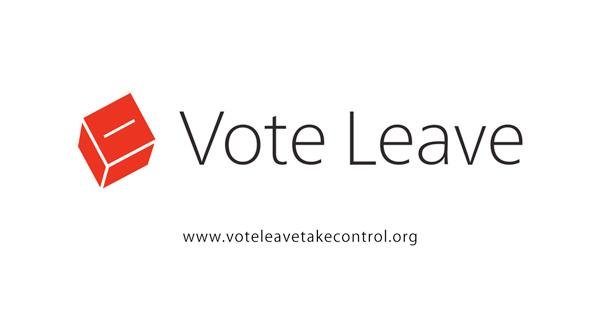
2. Why Brexit?
There are a large number of issues that have come up in regards to Brexit, but the two most important are that the UK wants more sovereignty over its own nation and the second is the problem of immigration. The British want more control over their borders and tighter security on migrants. The people who want to remain argue that a country the size of Britain needs to be a part of a coalition of like-minded countries to truly prosper.
We don’t know what the right answer is, but we can tell you that Brexit is going to change the world in a lot of ways. Good or bad, it’s too early to tell but change is coming. You can bet on that.
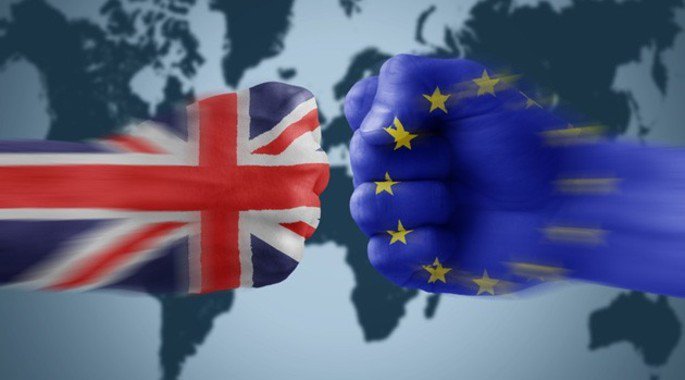
3. What does this mean for the UK?
As of now, there isn’t much that will happen as it takes about two years for all the paperwork to be confirmed. But pundits have predicted that leaving the EU will be devastating for the British economy.
Companies that operate in the UK and have factories there will have to follow two different sets of rules if they want to sell their products in both the UK and the rest of Europe.
This just means that there will be more laws and bylaws to try and regulate independent trade.
On the other side, experts have also said that things will be a little difficult in the short term as the UK has to rebuild. But it does make sense in the long term as the UK will not be under the whims and fancies of the un-elected officials of the EU. It boils down the UK being in control of itself versus being under the control of the EU.
We can all argue which the better option is, but in the end, the people of Britain have spoken, and they want to leave.
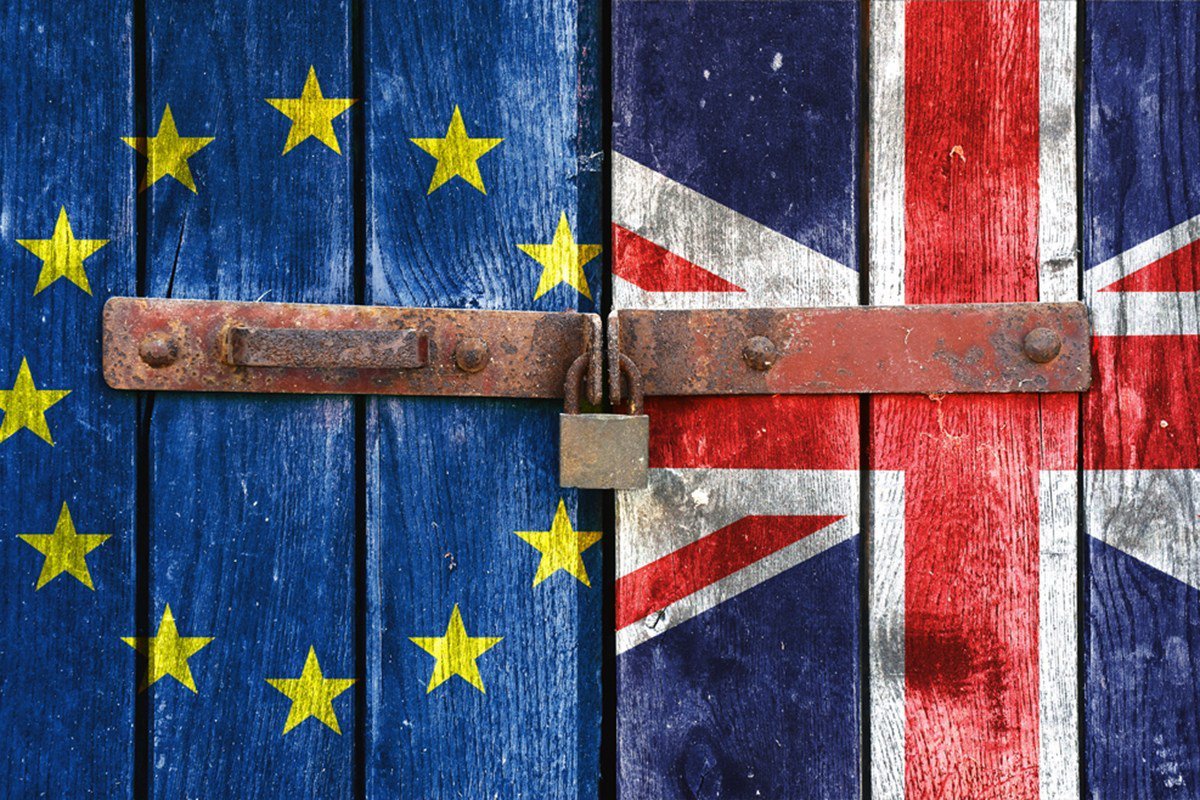
As far as immigration and travel to Europe and the UK is concerned, it’s going to get a lot more cumbersome.
British citizens who live and work in other parts of Europe will now have to reapply for new visas and are going to be subjected to a new set of bureaucratic rules and regulations.
The UK could also follow in the footsteps of countries such as Norway, who aren’t a part of the EU but do adopt 3 quarters of their regulations. But we’re not sure the UK wants to do what Norway did. The British have always been fiercely independent and we don’t see that changing now.
Another huge point of contention is Scotland. Back in 2014, Scotland voted to remain a part of the United Kingdom if it had the support of the EU. Now that Britain has left, what does this mean for the Scottish? Will they have another referendum now that the vote to remain with the UK has essentially amounted to nothing? Or will they choose to stay with the UK?
What does Brexit mean for India?
As far as India is concerned, experts have said that not much will change between the India and the UK in terms of trade and business. But because the UK is leaving the EU and will need to rebuild, a lot of outsourced factories and offices here might be recalled to the motherland. This essentially creates jobs and opportunities for British citizens rather than saving money and moving those offices out of the country. India might lose out on that chunk of cash but in terms of exports and imports, it doesn’t seem that it’ll change much.

One good thing that might be on the cards for India is that our country is the largest investor of FDI (Foreign Direct Investment) for the UK. This allows Indian companies to set up shop in England and open up the chain of supply to the rest of Europe under the European Trade agreement.
And now that the UK has departed from the EU, this means that Indian companies will obviously have to retool their business strategies since they will have to comply with two sets of laws instead of one.
The UK have to keep Indian companies operating on their shores because that means money for their economy. They’re going to have to woo these companies by providing bigger incentives in terms of tax breaks, lesser regulation and other financial help.
This means that even if Indian companies have to comply with two sets of laws, the UK will have to loosen up their restrictions to allow those companies to keep functioning there. We can expect a much more free and less restricted market in the future.
Whatever happens now is up in the air. All we can do from our end is to wish the United Kingdom the best of luck in the coming years. They’re going to need it!




